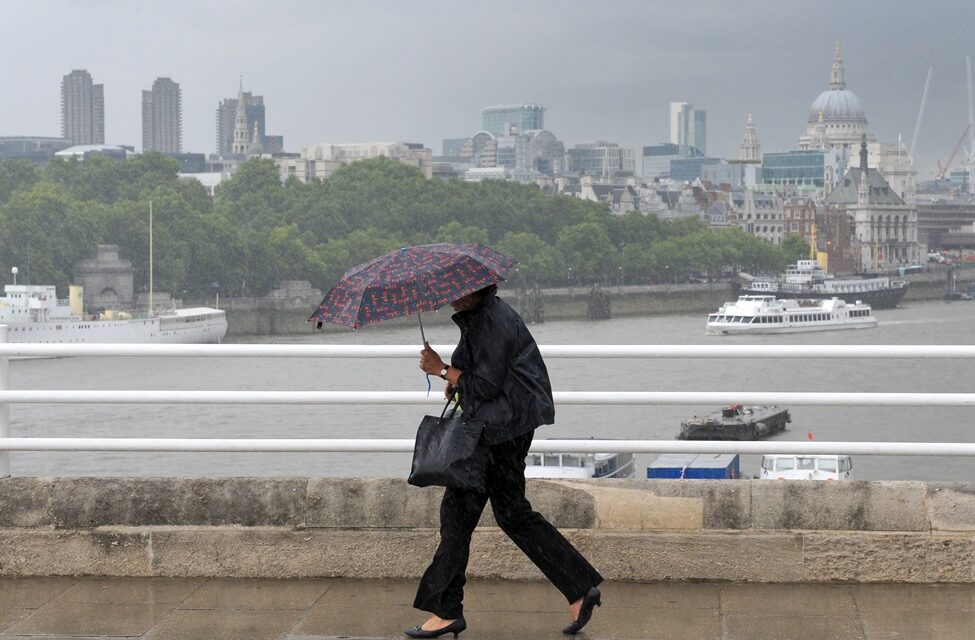
ParcelHero: An alarming 10.2% reported that severe weather events had caused disruption to their local supply chains

The latest Office for National Statistics (ONS) Business Insights report reveals that 17.8% of transport & storage firms suffered weather-related damage to their physical infrastructure, the operations of 9.3% were impacted by storms and 8.7% by flooding. That’s a higher proportion of companies impacted by flooding than any other comparable sector, yet very few transport companies (3.4%) have a climate change strategy in place, says the home delivery expert Parcelhero.
Parcelhero’s Head of Consumer Research, David Jinks M.I.L.T., says: “Last winter was the eighth wettest since records began more than 150 years ago. Then in March, England and Wales had more than one and a half times their average rainfall. Since then, the last few months have been marked by severe rainstorms.
“The poor weather has had a profound impact on transport & storage sector businesses. An alarming 10.2% reported that severe weather events had caused disruption to their local supply chains and 8.7% reported disruption to their global supply chains.
“These weather events also caused employee absences for 9.7% of transport & storage firms. Despite these grim figures, only 3.6% of companies said they had assessed their climate change risks of increased flooding and 7.7% had assessed their risks of supply chain disruption.
“Asked for the reasons businesses were prevented from taking action against climate change effects, 25.5% of transport & storage companies blamed costs. That was the highest number of any business sector. A huge 68.7% of transport & storage sector companies also revealed they had taken no action at all to protect the environment.
“Looking at these figures, there is clearly a significant number of heads buried in the sand over the impact of longer-term climate change and even current weather events. However, the report was not all gloom and doom. 11% of transport & storage companies said their business had now taken action to adapt to increased flooding, 20.8% said they had now mitigated against supply chain disruption and 12.3% against temperature increases.
“Additionally, 7.7% of transport & storage firms have a net zero or greenhouse gas emissions target. That’s higher than any other comparable sector, including retail, manufacturing and construction. Most impressive of all, asked what actions, if any, businesses had taken to reduce their carbon emissions, 12.6% of transport & storage companies reported electrifying their vehicle fleet. That was the highest amount of any sector and reflects the major focus many distribution, courier and logistics companies have on reducing vehicle emissions.
“However, that result aside, many transport & storage sector companies have clearly failed to put into place a serious response to changing weather patterns. The Met Office has predicted that, by 2070, winters in the UK will be up to 30% wetter than they were in 1990 and rainfall will be up to 25% more intense. The most severe downpours, 30mm or more rain in an hour, are expected to occur twice as often. Though more transport & storage companies identified cost as their biggest barrier to taking action than any other sector, spending some money today could prevent significantly higher payments being needed in the future.










